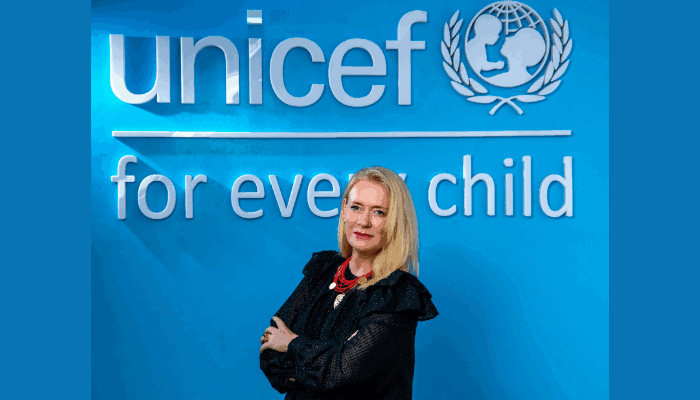Female Genital Mutilation (FGM) survivors, alongside the United Nations Children’s Fund (UNICEF), have urged the Nigerian media to spearhead a cultural shift against the harmful practice, stressing that it continues to inflict health and economic burdens on the country.
The World Health Organisation (WHO) which described FGM as act of violation women right defined the act as procedures that involve partial or total removal of the external female genitalia for non-medical reasons.
Meanwhile, WHO noted that the act can lead to severe bleeding, problems urinating, cysts, menstrual difficulties, infections, complications in childbirth and increased risk of newborn deaths.
Speaking at a two-day media dialogue organised by UNICEF and the Oyo State Ministry of Information and Orientation in Benin City, stakeholders said the media must take the lead in changing perceptions, challenging myths, and amplifying survivors’ voices to protect future generations.
The chief of UNICEF’s Lagos field office, Celine Lafoucriere, declared that “female genital mutilation is never a choice but a violation inflicted on women and girls,” as she rallied journalists, government officials, and advocates to intensify their roles in eradicating the practice.
Lafoucriere underscored the urgency of media advocacy, noting that most victims were cut before their fifth birthday, when they were “completely powerless.” She added, “No culture or custom should ever come at the expense of girls’ health, rights, or future.”
Read Also: WHO calls for urgent action to stop FGM in new guidelines
While acknowledging progress through initiatives such as the Movement for Good, a federal government and UNICEF collaboration, she emphasised that the media’s stories have the power to spark collective change. “The stories you tell can spark the change we need collectively,” she told participants.
The dialogue also highlighted the critical role of men and boys in dismantling the practice.
A sexual and reproductive health/FGM consultant, Aderonke Olutayo, warned that “lack of male champions prolongs FGM acceptance,” calling for greater male involvement in awareness campaigns.
The permanent secretary of the Oyo State Ministry of Information, Rotimi Babalola, echoed the call, describing the media as critical stakeholders in shaping the societal agenda to end FGM.
He pointed to similar dialogues with civil society, judiciary, and security agencies across states, urging journalists to extend advocacy nationwide.
The UNICEF child protection specialist, Denis Onoise, framed the issue as both a human rights violation and an economic concern.
“FGM hurts girls, imposes lifelong health risks, and strains healthcare systems,” he said, noting that Nigeria spends an estimated $49 million annually on complications from the practice.
Stakeholders agreed that ending FGM could not only save lives and protect rights but also ease financial strain on Nigeria’s health sector while fostering healthier communities.



